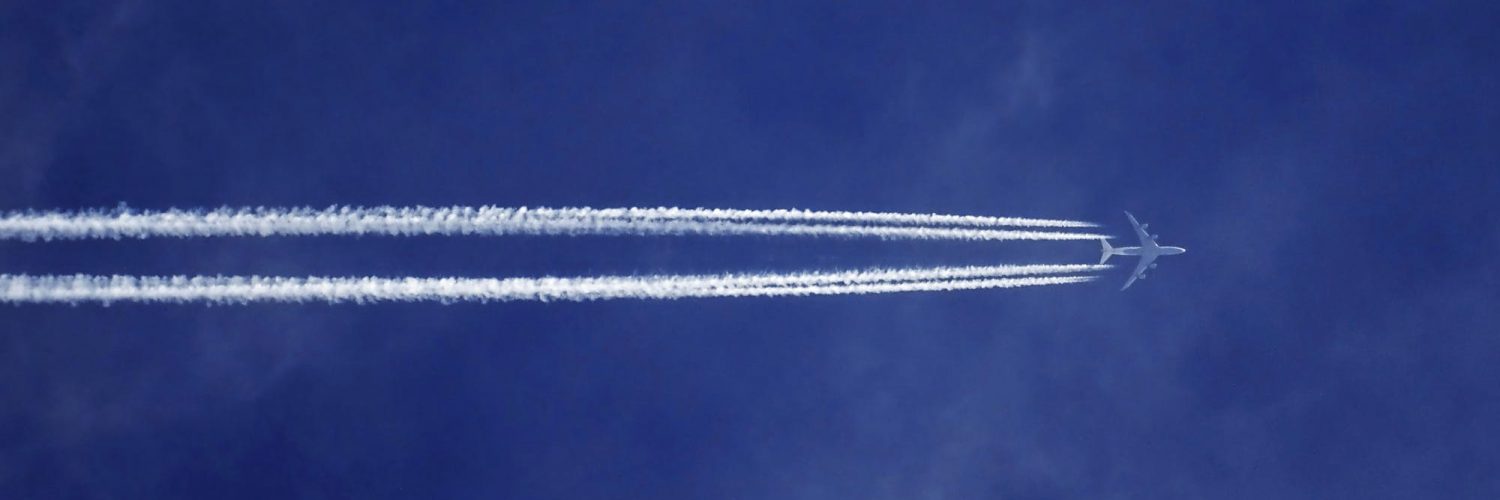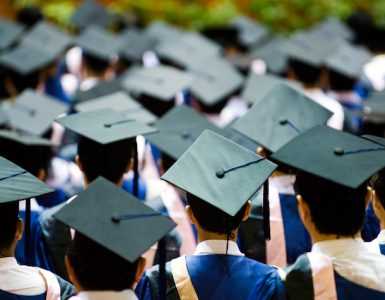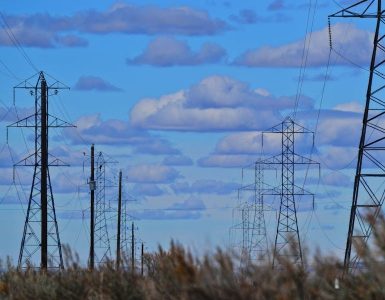In a first-of-its-kind test, Boeing and the University of Arizona determined that airlines’ current cleaning solutions and technologies effectively destroy the virus that causes COVID-19.

An analysis of more than 1 billion passengers also shows that it’s almost impossible to catch the virus on an airplane if precautions are taken such as masking, HEPA air filtering, and regular sanitizing with cleaning technologies, Boeing officials said.
“Since the pandemic began, about 1.3 billion people have flown somewhere within the commercial air transportation system. We can track and verify less than 50 cases of coronavirus transmission during those journeys,” Boeing’s director of marketing, Tom Sanderson, said Wednesday at a virtual press conference. “We know the data tells us that people are not contracting the coronvirus at any significant rate throughout the travel journey.”
First live-virus testing on a passenger plane
The testing and analysis is part of the aerospace company’s Confident Travel Initiative (CTI) to enhance the safety and well-being of passengers, flight staff and ground crews during the pandemic.
“We want to help restore confidence to passengers and the flight crew,” Sanderson said.
Boeing, which has major operations throughout Arizona including Tucson and Mesa, partnered with the university’s Department of Environmental Sciences to test cleaning technologies for the first time on a live virus on an unboarded plane.
“While these cleaning solutions had been tested in other environments, an airplane behaves differently. It was critical for us to evaluate and confirm the chemicals and techniques we recommend for our customers’ use are effective and battle-tested,” said Mike Delaney, who leads Boeing’s CTI efforts. “By working with the University of Arizona, we were able to employ their world-renowned expertise in virology to do exactly that.”
Several technologies proved effective
To carry out the test, a live virus called MS2 was applied to more than 230 high-touch surfaces including seat tray tables, arm rests, seat cushions, stowage bins, and lavatory and galley surfaces. MS2 is harmless to humans but more resistant than COVID-19, also known as SARS-CoV-2.

Technicians then disinfected the plane through several technologies. Chemical disinfectants were applied through two means: manual wiping and with an electrostatic sprayer that sprays liquid disinfectant. Ultra violet wands that destroy germs and antimicrobial coatings that halt the growth of disease also were used.
All proved to be effective.
“We confirmed that the probability of getting infected is close to zero using these techniques,” said UArizona Professor Charles Gerba, widely known as “Dr. Germ,” one of the world’s leading microbiologists and experts on infectious diseases.
“This study allowed us to test and validate, for the first time, that disinfecting solutions kill SARS-CoV-2 on an airplane,” Gerba said. “It’s important to recognize we’re not only talking about SARS-CoV-2, but also other viruses and microorganisms.”
HEPA air filters and air flow protect passengers, too
In addition to the disinfectant cleaning, current airplane filtering systems also protect passengers from disease, Sanderson said.
HEPA air filters remove particles the size of the COVID-19 virus. Airflow within the cabin forces air downward instead of sideways or fore-and-aft and the air exchange rate is high, rolling over every two or three minutes.
Boeing engineers and the UofArizona researchers said they are continuing to test recommended cleaning methods and technologies to protect travelers and crew including thermal disinfectant, touchless technologies and a self-cleaning lavatory.
Getting travelers back to the skies safely is the ultimate goal, Sanderson said.
Boeing is world’s largest aerospace company
Boeing is the world’s largest aerospace company and leading provider of commercial airplanes, defense, space and security systems, and global services. As the top U.S. exporter, the company supports commercial and government customers in more than 150 countries and leverages the talents of a global supplier base.
For more information about the company, go to: Boeing.















Add comment